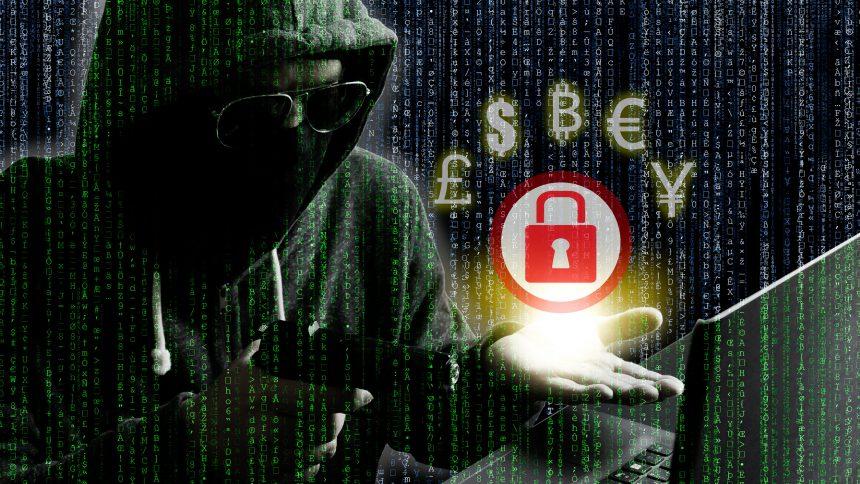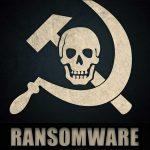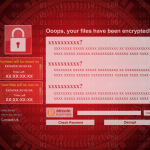What is Vulcan Ransomware?
Vulcan is a ransomware variant designed to encrypt files on a victim’s device, rendering them inaccessible without a decryption key. Discovered through samples uploaded to VirusTotal, this malware poses a significant threat by encrypting files, renaming them with random strings, and appending the “.vulcan” extension. For instance, “1.jpg” becomes “7d9b9cc3ed944b141fc5151f9ff94ae2.vulcan,” while “2.png” changes to “3f919d4b5aec9d7fc4f1e9b41c5c3.vulcan.”
Download SpyHunter Now & Scan Your Computer For Free!
Remove this and many more malicious threats to your system by scanning your computer with Spyhunter now! It’s FREE!
Victims of Vulcan ransomware are presented with a ransom note demanding 100€ in Bitcoin within 24 hours. The note threatens irreversible data loss and system unbootability if the payment is not made. Contact instructions include sending proof of payment to an email address (kawsexpress@yahoo.com) to receive a recovery tool.
Vulcan Ransom Note: Key Details
The ransom note delivers a grim warning:
- Payment Requirement: Victims must pay 100€ in Bitcoin to a provided wallet address:
1HX1ys21t6pybS5zTFctCcHCiwSshmx2hf. - Data Loss Threat: Failure to pay results in permanent file loss.
- System Unbootability: Restarting the infected PC is discouraged as it purportedly renders the system unusable.
- Contact Instructions: Victims are directed to email proof of payment for further instructions.
Text from the Ransom Note
Your important files and data have been encrypted!
You have to pay 100€ in Bitcoin within 24 hours, or your important files and data will be lost forever!
Send 100€ in BTC to the following address:
1HX1ys21t6pybS5zTFctCcHCiwSshmx2hf
Please don't restart your PC!
Your Windows system will not boot up again and all your important files and data are not recoverable!
After the Payment you get a tool to recover your important files and data!
Contact us at kawsexpress@yahoo.com
Please send a screenshot from the Payment to this E-Mail to get instructions how you can recover your important files and data!How Does Vulcan Ransomware Spread?
Ransomware like Vulcan spreads through:
- Malicious Email Attachments: Files containing macros or executable scripts.
- Pirated Software and Cracking Tools: These often conceal ransomware within their installation files.
- Infected Websites: Torrent platforms, malicious ads, and third-party downloaders.
- Exploiting Vulnerabilities: Cybercriminals target unpatched software vulnerabilities.
- Infected USB Drives: Physical distribution of ransomware through hardware devices.
Symptoms of Vulcan Ransomware Infection
- Files renamed with random strings and “.vulcan” extension.
- Inability to open previously accessible files.
- A ransom demand displayed in a pop-up window.
- Potential system instability or unbootable state.
Why Paying the Ransom is Not Recommended
Paying cybercriminals is a risky proposition. There is no guarantee they will provide the decryption tool or that the tool will work. Furthermore, paying encourages criminal activity. Instead, focus on removing the malware and attempting recovery through alternative means.
How to Remove Vulcan Ransomware
To eliminate Vulcan ransomware and secure your system, follow these steps:
Disconnect the Device
Immediately disconnect the infected device from the internet and any connected networks to prevent further spread.
Use Safe Mode
Restart your computer in Safe Mode to block unnecessary applications, including the ransomware:
- For Windows:
- Press Shift + Restart from the Start menu.
- Select Troubleshoot > Advanced options > Startup Settings > Restart.
- Choose Safe Mode with Networking by pressing the corresponding number key.
Run SpyHunter for Removal
SpyHunter is an advanced anti-malware tool capable of detecting and removing Vulcan ransomware.
Steps to Use SpyHunter
- Download SpyHunter.
- Install the tool and run a full system scan.
- Let the software identify and remove all ransomware traces.
Restore Files
Once the ransomware is removed, attempt file recovery:
- Use Backups: Restore files from a secure backup, if available.
- Data Recovery Tools: Tools like EaseUS Data Recovery Wizard or Recuva may help retrieve encrypted files.
Preventing Ransomware Infections
Maintain Regular Backups
Store backups on external drives or cloud services to ensure data safety.
Keep Software Updated
Regularly update your operating system, antivirus, and other software to patch vulnerabilities.
Avoid Suspicious Links and Attachments
Do not open emails or attachments from unknown sources. Verify the sender before clicking.
Use Strong Security Tools
Install reputable antivirus and anti-malware tools to block threats proactively.
Disable Macros
Disable macros in Microsoft Office to prevent automatic execution of malicious scripts.
Educate Users
Awareness is critical. Train users to identify phishing scams and suspicious activities.
Conclusion
Vulcan ransomware is a severe threat, capable of encrypting files and disrupting systems. Victims are advised against paying the ransom and instead focus on removing the malware using tools like SpyHunter. Implementing preventive measures such as regular backups, software updates, and user education is essential to protect against future infections.
By staying vigilant and employing robust security practices, you can safeguard your data and minimize the risk of ransomware attacks.





